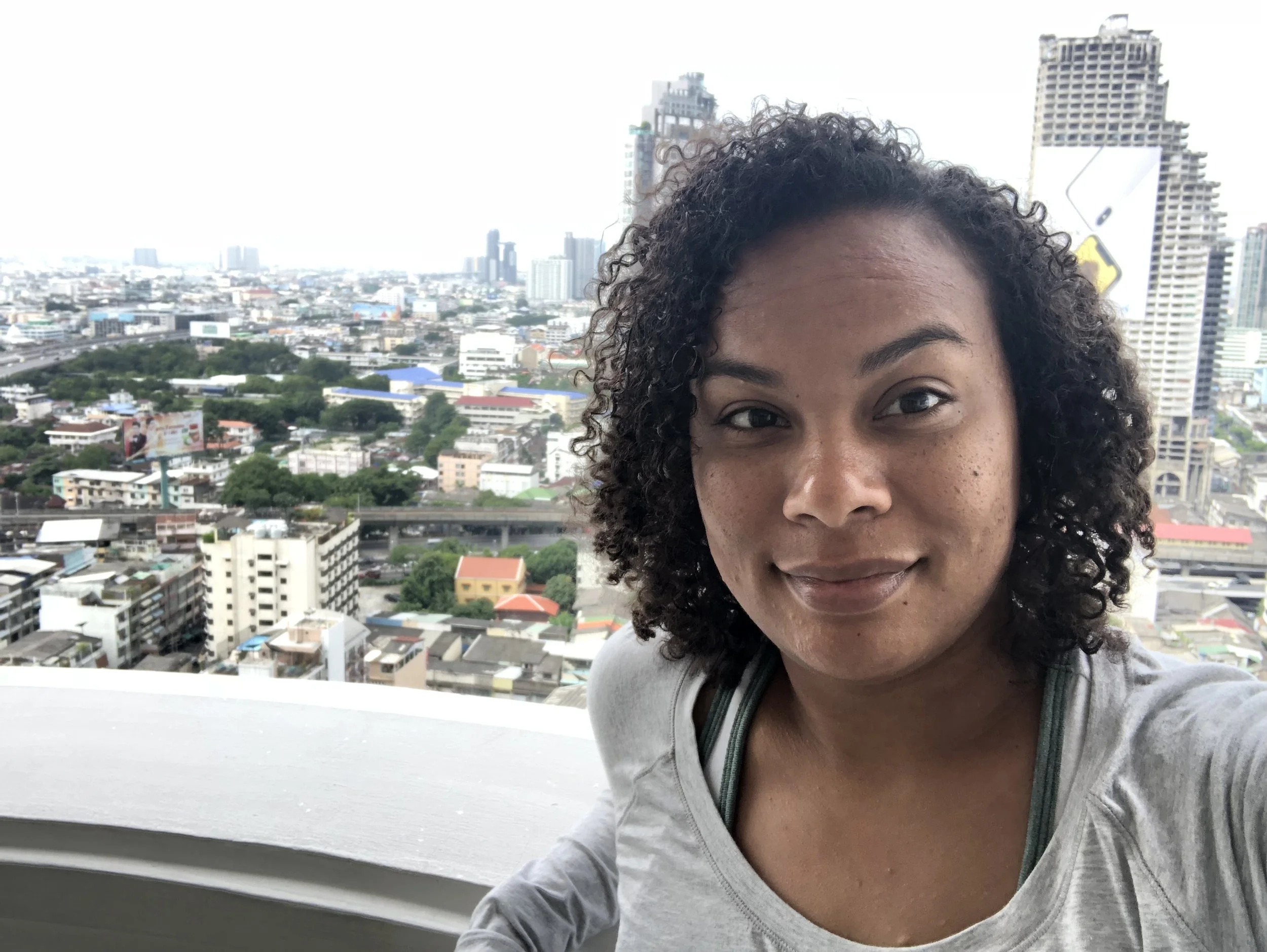The Hard Truth About Boundaries
/The hard truth about boundaries is that when you set then, you have to abide by them. I’ve clearly been MIA from this blog for EIGHT months! Funny because I started this blog full force wanting to give career tips etc. Truth be told, that was when I was between jobs, doing contracting and frankly, had the time.
When I exited the workforce almost a year ago to today, I wanted to make sure the next role I took, I was better at not letting work take over my life. As I said before on this blog - work is a part of life. It’s not LIFE. I also wanted to make sure my life was more balanced. I had to finally accept the fact that there is an infinite time to every day and I cannot do it all. Merely TRYING to do it all would likely lead me to burn out faster.
I took a demanding job but I really love it. It requires me to travel A LOT and it make look like my life is all about work but its actually not. It ebbs and flows in an expected way. A few months ago when it was getting to be too much - I set a boundary. I literally emailed my boss and the gist was “hey so for the next 45 days I’m working on X, Y and Z because I need to focus on those things for A,B and C reason. So H, I, J,K and L balls are going to get dropped but I’ll pick them back up when I can give it time.” I then sent a similar note to my peers- no joke. So they understood my boundary and expectations. Low and behold, I got X, Y and Z done in time, some things early and could take on other things again. That was a boundary.
It’s why this blog temporarily faded away. I had to set a boundary. I did not want every hour of my day spent “doing something” - I wanted time to just relax. At the outset of the job, I definitely had to invest more time in work - so the blog went to the wayside. Then I got work under control and I wanted to work on getting acclimated to a new city. So the blog went to the side. Then (and still) I wanted to work on my mental health - again the blog was on the side. It’s because I set boundaries and tbh, I didn’t feel bad about it.
I’m at a place now where I can fit the blog back in - yay! So for now, the blog is “in bounds” but the boundaries can change. Look for more posts from me on an inconsistent basis (setting expectations with you, reader).
In the meantime, till the next blog, what boundaries do you NEED to set? And why aren’t you setting them like.. tomorrow??
PS I literally wrote this on the train - that northeast regional DC to NYC!














